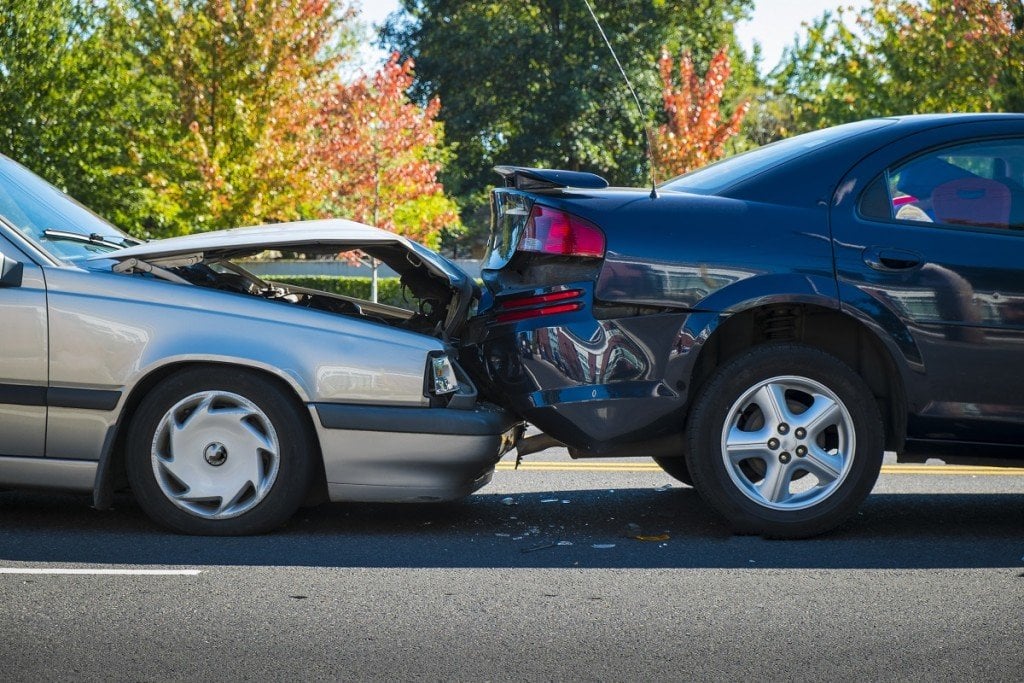
No one expects to ever be in an accident. Getting hit by another driver may be extremely inconvenient. However, there are some precautionary measures you can take to prepare if ever in a car accident, whether it’s your fault or another person’s fault. Here are 7 things to keep in your car to prepare you in the event that you have an automobile accident:
1. Road Flares
Road flares can be extremely helpful when your car is unable to drive away from the scene of the crash. You can use road flares to deter other cars causing additional damage to your vehicle. This also limits the unfortunate possibility of multiple cars involvement in a pile up from not seeing an existing accident. A normal emergency road flare is the most commonly used signal device for multiple reasons. Flares can burn in snow, rain, or hail. Other variants of road signals/flares exist, including: strobe LED lights, chemical light sticks, and reflective triangles. Each of these signals has their pros and cons, but Lerner and Rowe Injury Attorneys you use an emergency road flare.
2. Car Emergency Hammer
Sometimes car accidents prohibit you or your loved ones from evacuating a vehicle. To combat this, you should keep bus mallets, dotty hammers, safety mallets, or bus hammers, they can include cutting tools, plastic handles, or steel tips. It is important to have a car emergency hammer in your passenger side glove box or driver’s side door to allow you to break a window and escape a car if necessary. A trapped person inside of a car can free them from the car if the event that they get trapped.
3. Seat Belt Cutter
Seat belts save lives in car accidents, but after a car accident takes place they can also prohibit passengers from evacuating the car. Unfortunately, regular scissors won’t work on a seat belt. Having a seat belt cutter in the center console gives passengers peace of mind, that if necessary, the seat belt can be cut to release them from their seat.
4. First Aid Kit
A first aid kit is always smart to have in your car to treat minor injuries and prevent them from getting worse while waiting for an ambulance.
Your kit should include, at a minimum:
- Hot and cold packs—these should only require you to snap to activate the heating or cooling sensation
- Synthetic gloves if you’re dealing with open or serious wounds
- A CPR mask for mouth-to-mouth resuscitation
- Anti-diarrhea medication
- An Epi-Pen for severe allergic reactions
- Plastic bags for disposing contaminated items
5. Blanket
Safety and law enforcement agencies recommend a blanket in your car during the winter months. Getting into a car accident typically means waiting outside your car for the police to come.
A simple wool or cotton blanket prepares you in case of exposure to the cold for an extended time. In many pre-packaged first aid kits, they provide thermal blankets, ones that look like tin foil and they reflect your body heat back onto you to keep you warm.
6. Flashlight
Flashlights are useful in car accidents that take place in the evening or in areas where street lights are dim. After a car accident, it is important to assess the damages and take photos of the vehicles involved. Having a flashlight in your glove box or center console is a simple way to ensure you have enough light to photograph the incident and properly record the damages.
Nowadays, with the LED technology available, batteries aren’t as big of a concern and you can set a flashlight somewhere convenient and not worry about the flashlight not working at a crucial moment.
7. Pen and Paper
You never know where you are going to be when in a car accident. Your cell phone could be dead/dying. Getting everyone’s information, from witnesses to the other driver, can make the difference between a successful case or not. While the second step you should take is calling a personal injury attorney, getting information is one of the biggest steps you should take. A pen or pencil and paper will survive long enough to start your case.
These 7 items are useful in case of emergencies – there are also other things you can keep in your car that may also be useful. Check back with Lerner and Rowe Injury Attorneys' website for more information about safe driving and being prepared. Give us a call at (844) 977-1900 after an accident.



